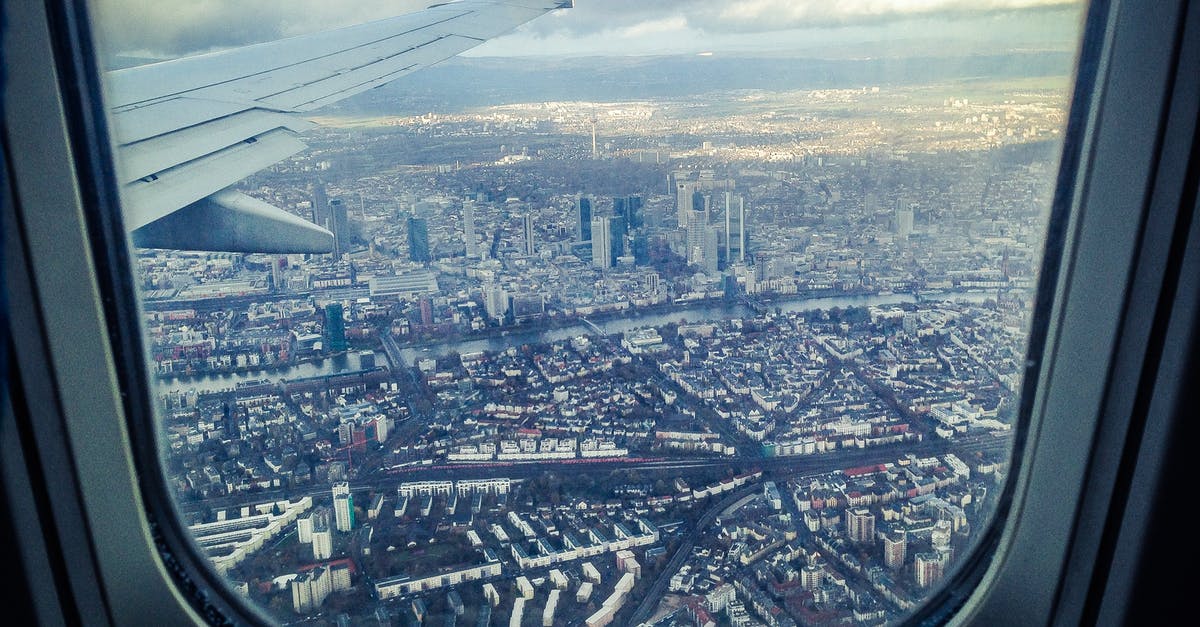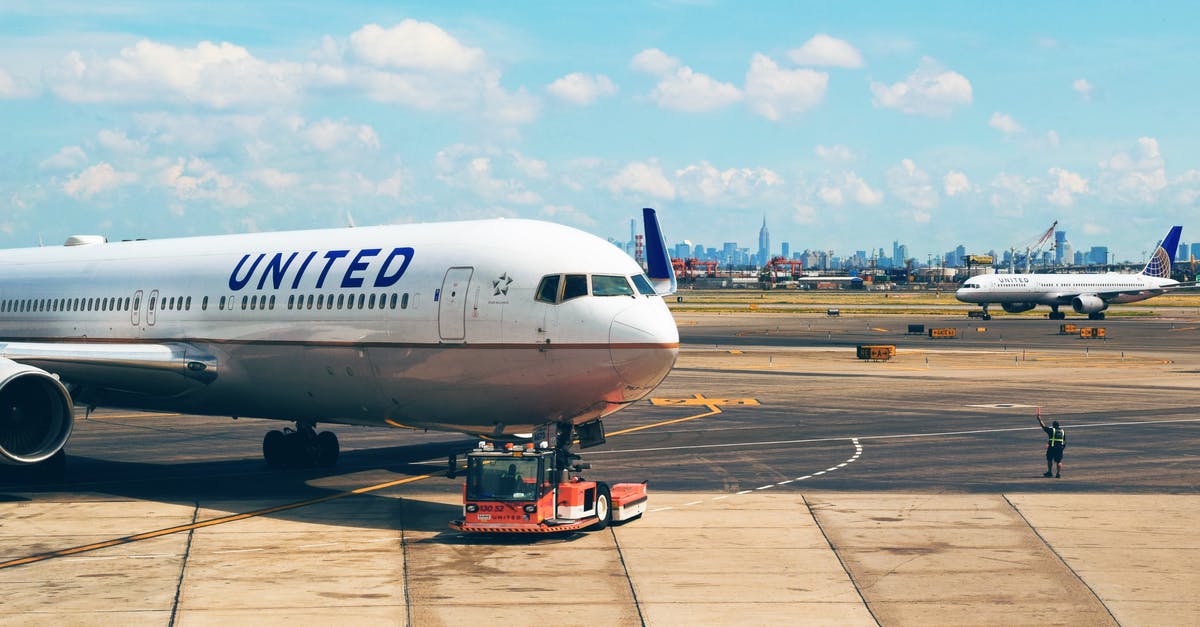Multi-city flight – a codeshare flight?

When you buy a standard return ticket, e.g. Paris – Mexico City, and the route goes via Dallas, (a transit airport), and the flight is operated by two airlines - it will be a codeshare flight where the airline that covers the longest part, here Paris – Dallas will be an administrating airline.
This means that its baggage rules apply for the whole distance, Dallas – Mexico City included. Your return ticket is then: Paris – Dallas (transit) – Mexico City (stay) – Dallas (transit) - Paris
This was about a standard return ticket. But what about a multi–city ticket?
You buy a multi-city ticket: Paris – Mexico City via Dallas, then stay in Dallas a couple of weeks, then continue to Mexico City, and later fly home to Paris directly from Mexico City. Your multi-city ticket is then: Paris – Dallas (stay) – Mexico City (stay) – Paris, and the route is operated by three different airlines (but the ticket was bought for the whole itinerary, Paris – Dallas – Mexico City – Paris).
Is this multi-city flight a code share flight? Which means, the rules of the airline that covers the longest part apply to the whole distance?
Where in the IATA protocols you can find an explanation of this?
Best Answer
Whether a flight is a codeshare or not, doesn't really affect the situations you are asking about. Return flights, or multi-city flights, do not impose any requirement for a flight to be booked as a codeshare or not.
A codeshare is merely a marketing device to sell one physisical flight by multiple airlines.
If you book Paris-Dallas-Mexico City, it may be possible to buy the ticket without any codeshares, and you could see, say, AA for PAR-DFW and AA for DFW-MEX, or a codeshare on the short haul, say AY PAR-DFW with AA metal (operating airline) and then AA for DFW-MEX, or any combination up to a codeshare on the short haul together with a codeshare on the long haul.
Things do not change very much when you have a multi-city booking. These could end up as two half-round-trip fares that allow a stopover, or two half-round trip fares plus other end-to-end fares.
Baggage rules are not related to codeshares or marketing airlines, but are based on IATA regulations as you mentioned as well as requirements from particular governments. For example, the DoT in the USA imposes certain baggage requirements.
If you buy multiple tickets, and attempt to transfer luggage from one to another, this is highly dependant on the airlines involved, whether they have interlining ticket agreements and whether they have policies that allow baggage interlining on separate tickets. I think it's too complicated to generalise on this issue.
On a single international ticket there is the US rule DOT rule:
The DOT presented the following requirements for travel to, from, and within the United States:
...
- Airlines must apply the baggage rules of the first airline selected as the Most Significant Carrier (MSC) throughout a passenger’s entire journey and the amount that passengers pay for checked bags and other items, such as a pet in hold, must not vary during their trip
Defintion of MSC as provided by IATA:
MOST SIGNIFICANT CARRIER (MSC)
a) For travel between two or more IATA areas, the carrier performing carriage on the first sector that crosses from one area to another.
b) For travel between IATA Tariff sub-areas, the carrier performing carriage on the first sector that crosses from one sub-area to another.
c) For travel within an IATA Tariff sub-area, the carrier performing carriage on the first international sector.
From a non-US airline, Lufthansa provides this:
Most Significant Carrier Rule (MSC)
This rule states that on flights which are operated by several airlines, the baggage regulations of the airline that operates the geographically longest or most significant stretch of the journey apply.
The fact that the rule applies to all journeys on one ticket, is not provided. However, some non-US airlines also apply the same rule.
Pictures about "Multi-city flight – a codeshare flight?"



Is my flight a codeshare?
How do you know if a flight is a codeshare? Airlines are legally mandated to clearly state when a flight is operated as a codeshare. You should see this in the booking process, usually under the flight number with the words \u201coperated by,\u201d displaying the operating airline's name.What does codeshare flight Meaning?
A codeshare flight is the joint operation of an aircraft by two or more carriers, and refers to a flight with an ANA flight number (NH) operated by a partner airline. ANA is expanding the number of codeshare flights available to customers by partnering with airlines from various regions.What does multi-city mean when booking a flight?
A multi-city flight is an itinerary that doesn't follow a typical there-and-back pattern, but instead goes from Point A to Point B and on to Point C (and possibly Point D, etc).Can you link two separate flights with the same airline?
A: It depends, but the general rule is NO. Some airlines will through check baggage onto separately ticketed flights, but some won't (even if both tickets are with the same airline). Some airlines will take pity if your delay is due to them, but others don't.How To Book Cheapest Multi-Destination Flight W/Skyscanner
Sources: Stack Exchange - This article follows the attribution requirements of Stack Exchange and is licensed under CC BY-SA 3.0.
Images: Lennart Wittstock, Julia Volk, Tim Gouw, Oleksandr Pidvalnyi
